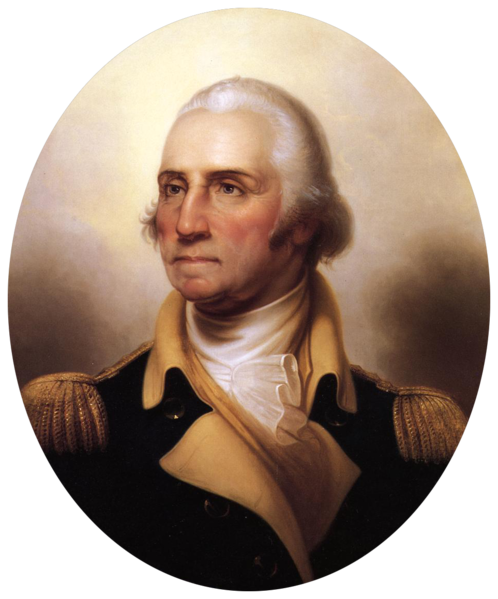Strong Leaders Surrender

Why the strongest leaders lay down their ego to lift up the mission
I remember the sound of boots on the wooden floor, the shuffle of papers, the air thick with smoke and December chill. We had followed him through winters that froze the marrow and summers that bled men dry. Many of us expected this moment to be his coronation, not his surrender. Kings had been made for less. Armies had handed crowns to men who demanded them, and we would have done the same.
But Washington stood there, steady as ever, and gave it all back. He spoke with a calm that cut sharper than any sword: he was laying down his command. Just like that. No bargain. No angle. He would go home a farmer.
I felt my chest tighten. It was as if the very gravity in the room shifted. We had seen him lead us into fire, but this was something different. Stronger, even. Because it takes a certain kind of steel to walk away from power when the world would hand it to you. In that moment I realized: the mission was bigger than the man. And the strongest act a leader can make is to surrender.
Washington’s surrender wasn’t just an act of humility. It was a public burial of ambition. He silenced the temptation that whispers to every leader: You’ve earned this. Take it. Hold on to it! He knew that if he made himself the story, the mission of a free nation would shrink to the size of one man’s ego. By laying his ambition down, he gave the mission room to grow beyond him.
The truth is, ambition in leadership is never neutral. Left unchecked, it narrows vision until every decision bends back toward the leader’s own advancement. The team becomes a tool, not a trust. The mission becomes a stage, not a calling. People can feel it. They may follow for a season, but loyalty curdles into suspicion, and the culture begins to rot from the inside.
"The strongest act a leader can make is to surrender"
When leaders surrender ambition, the opposite happens. Decisions shift from, "What makes me look good?" to, "What moves the mission forward?" Recognition gets spread instead of hoarded. Clarity sharpens because communication isn’t clouded by personal agenda. People sense the difference, and they know when the mission is truly the priority. That kind of surrender creates loyalty, not just compliance. It draws out people’s best because they believe they’re building something that outlives them, not just padding their leader's resume or bank account
Modern research echoes this old truth. Studies on “humble leadership” show that leaders who put aside ego spark greater innovation and resilience in their teams. Employees under such leaders report higher trust and greater willingness to take risks because they know the spotlight isn’t rigged. In the business world, humility really boils down to one’s ability to possess the courage and commitment to surrender ambition in every decision, whether big or small.
You can see the ripple effect in any workplace. When a foreman, supervisor, or CEO lays aside ego, the team starts to breathe. Ideas surface earlier. Problems get solved faster. People stop protecting themselves and start protecting the mission. And when ambition is surrendered at the top, it gives everyone below permission to do the same.
Ambition hoarded shrinks the mission. Ambition surrendered makes it grow.
This kind of surrender shows up in everyday choices:
- Credit: Do you use your team’s accomplishments to climb higher, or do you hand the praise back to the people who earned it?
- Decisions: Do you bend outcomes toward your image, or toward the mission’s need?
- Failures: Do you shield yourself from accountability, or readily acknowledge it so others can learn?
- Opportunities: Do you chase what advances you, or what advances the cause?
None of this means leaders stop caring about results. It means they refuse to confuse results with personal glory. The surrender of ambition doesn’t weaken leadership; it strengthens it. Because it shifts the weight from one person’s shoulders onto a community that can carry more together than any one of us can carry alone.
So, here’s the challenge, pick one area where ambition is creeping in. Just one. Maybe it’s a decision where your image is driving more than the data. Maybe it’s credit you’ve quietly absorbed. Maybe it’s an opportunity that’s more about you than the team. Lay it down. Tell your people what you’re doing. And watch what grows in its place.
Because in the end, leadership isn’t a test of how much you can achieve for yourself. It’s a test of how much ambition and ego you’re willing to surrender for the sake of others. Washington walked away from the height of his power to serve something greater. You and I may never face a moment that dramatic, but we face smaller ones every week. The question is the same: will we cling, or will we surrender?


